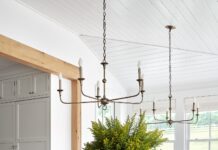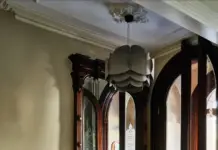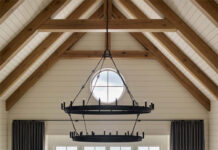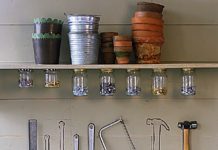Indeed, a lot of people do not have the time or money to meet every requirement. So, if your open fireplace doesn’t please you anymore, it may be time to enquire about the prices to install a gas fire. Converting your open fire to a gas fire saves time, it is also cost-effective and eco friendly.
How Open Fire Promotes Air Pollution
Burning wood isn’t a bad thing on its own, it is carbon neutral because the carbon emitted by the fire is compensated for by the oxygen which the tree had released throughout its life. Environmentalists only rail against the method in which the wood is burnt. When burnt in an open fireplace, wood emits the largest amount of dangerous particles recorded from a domestic heating appliance.
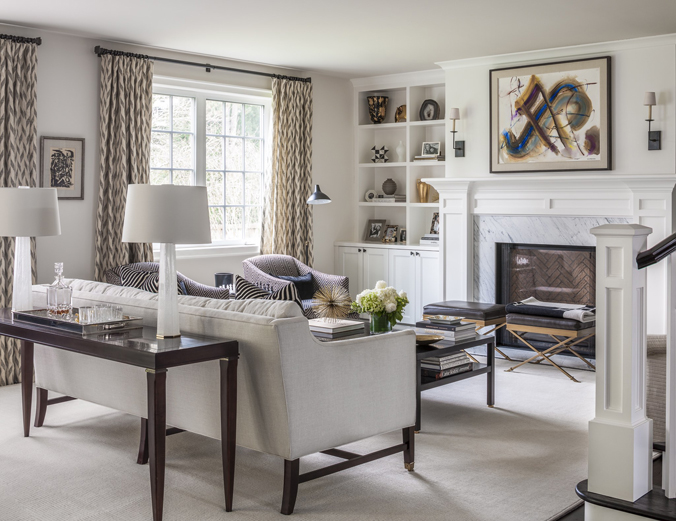
Gas fires remain among the healthiest alternatives. Only electric fires can boast 100% efficiency and the highest level of cleanliness. Nevertheless, gas is more cost-effective ensuring that the air around your home remains clean and at a low cost.
Extra Advantages of a Gas Fireplace
Below are other benefits of a gas fireplace
- Less Maintenance:
Everyone is aware of the speed at which open fireplaces get dirty. Ash needs to be swept often while you have to sweep your chimney at least once every year. Gas fires are the opposite; while the chimney will still need sweeping, it will only be as a safety measure, not regularly and never as messy.
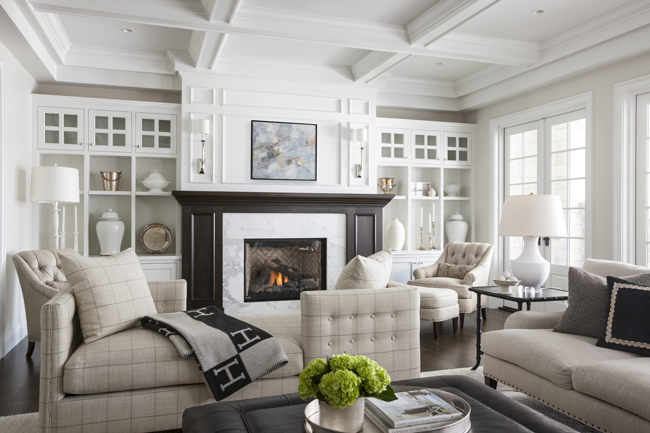
- Constant Fuel Supply
While you have to spend time and resources gathering wood and storing it in a dry place, a gas fire is easier. You don’t ever have to worry about running out of fuel, just be sure to switch it off when you need warmth and off when you get warm enough.
Do I Need The Consent Of The Council To Retrofit A Gas Fireplace?
Those with an existing chimney need no consent from the council. All you need is a registered gas fitter to install the fire and give you a code of compliance certificate. You can ask your local authority to be sure. Note that your gas fireplace will need to be serviced every year by a gas fitter the same way you service your car.
Having discovered the location of your chimney – this becomes more pressing if you discovered a boarded up fireplace – below are the steps you need to observe;
A guide to installing your gas fire in your chimney
- Select your gas fire
Measure the diameter of your flue, then chose a fire that fits.
- Sweep the chimney
Be sure to do this before making any changes to your fireplace.
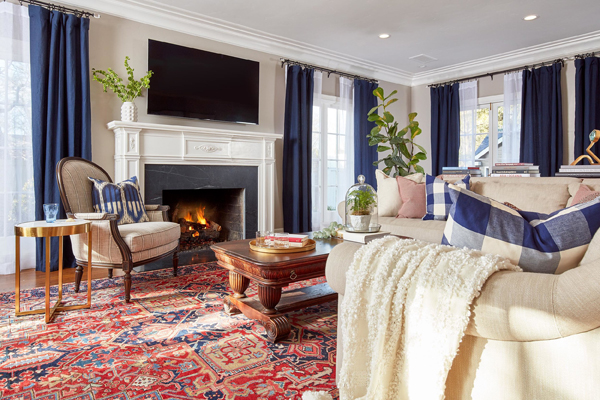
via Ricco Style
- Inspect the chimney for damages
Never assume your chimney is equipped to bear the incoming changes. Carry out a smoke test to detect any leaks, the result of this test will tell you whether there is a need for a flue liner.
- Contact a Gas Safe Engineer
It is legally required that no one else fits your gas fireplace but a gas safe engineer. They are also able to examine your room to determine whether you have chosen a suitable fireplace. It is best to carry out all examinations in your room before you purchase your fireplace.
- You need to prepare a fireplace opening
An open fireplace should be wide enough to accommodate a gas fire but if you prefer a hole in the wall gas fire, it will be necessary to knock a new hole in and cover the old one up.
 via Ricco Style
via Ricco Style
- Fit in a hearth, back panel, and surround.
Gas fire requires a hearth which means you need to get one ready. Get your preferred back panel and surround too.
- Install the Gas Fire
The gas safe engineer will fit your fire and connect it to a gas pipe. It is important to run a few tests to ensure that no gas fumes are escaping. Thanks to Price Your Job for consulting!









